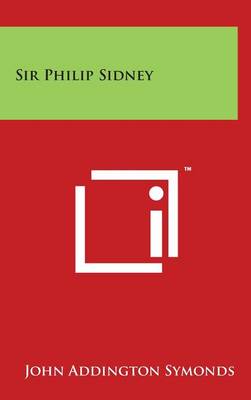Cambridge Library Collection - English Men of Letters
2 total works
John Addington Symonds (1840-93), well known as an author, poet and critic, wrote this biography of the poet Percy Bysshe Shelley (1792-1822) in an attempt to portray the complete man. Shelley, Symonds writes, was more than a controversial atheist. He was full of earnest conviction, enthusiasm, and intellectual vigour, but also extravagance, crudity and presumption. Published in 1878 in the first series of English Men of Letters, this book thus provides an account of a literary life famously cut short, describing a writer whose intellectual and poetic legacy was perhaps not fully appreciated in the Victorian period, when the response to his poems was frequently coloured by antipathy to his revolutionary ideas and his unconventional private life, as well as to his loudly proclaimed atheism.
Sir Philip Sidney (1554-86) was an English poet and courtier who is now seen as one of the most influential English writers of the sixteenth century. Born into a politically active family, Sidney is best known for his works Astrophel and Stella, a story in sonnet form which popularised this literary genre in England, and Arcadia, a romance which was the first English vernacular work to be published on the continent. This volume, published in the first series of English Men of Letters in 1886 by literary scholar John Addington Symonds (1840-93), provides a concise biography of a fascinating character. Describing Sidney's childhood, European travels and time spent as a courtier, and his heroic death, this biography draws together previous scholarship on Sidney to provide a valuable account of his life and of contemporary English and continental influences on his work.

